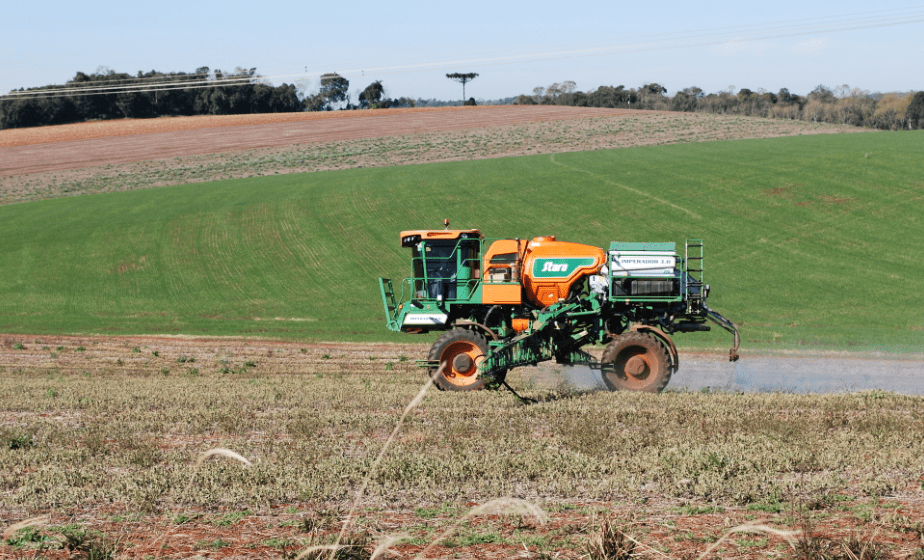Brazil led herbicide imports on a global scale in 2022, with a year-on-year increase of 165%, to US$3.264 billion, according to data from the Ministry of Economy.
This result implied a record in the indicator, after having grown at an annual rate of 56% in 2021.
Where were the origins of these foreign purchases? China (US$2,442 million), the United States (US$366 million), India (US$122 million), Germany (US$87 million) and Paraguay (US$77 million).
The long-standing competitiveness of Brazil’s agribusiness and the evolution of its production and exports have been supported by constant investments in agricultural research activities, which has consolidated the country’s dominant position as a leading producer and exporter of agricultural products.
In 2022, Brazil’s GDP grew 2.9%, driven mainly by the services sector, which contributed more than 80% of the positive performance.
On the other hand, the agribusiness sector declined 1.7% y-o-y, mainly affected by lower agricultural productivity in 2022.
The negative macroeconomic environment in Brazil in recent years was partly due to economic and political uncertainties resulting from a global decline in commodity prices, the effects of the Covid-19 pandemic, as well as due to corruption investigations of Brazilian state-owned and private sector companies, politicians and business executives, which, in turn, led to the impeachment and arrest of several prominent politicians.
Herbicide imports
Brazil is also the largest importer of a broader set of products covering insecticides, rodenticides, fungicides and herbicides, with foreign purchases of US$6.864 billion in 2022, representing a year-on-year advance of 67 percent.
Of this group of products, its largest suppliers were China (2.955 billion dollars), the United States (1.242 billion), India (678 million), Israel (302 million) and Singapore (215 million).
In particular, Brazil imported insecticides worth 1,966 million dollars.
Brazil’s agricultural policy is based on a market-oriented approach; it attaches great importance to rural credit and risk management based on private rural insurance.
According to the definition of the World Trade Organization (WTO), Brazil has not granted aid to agricultural products to support market prices.

